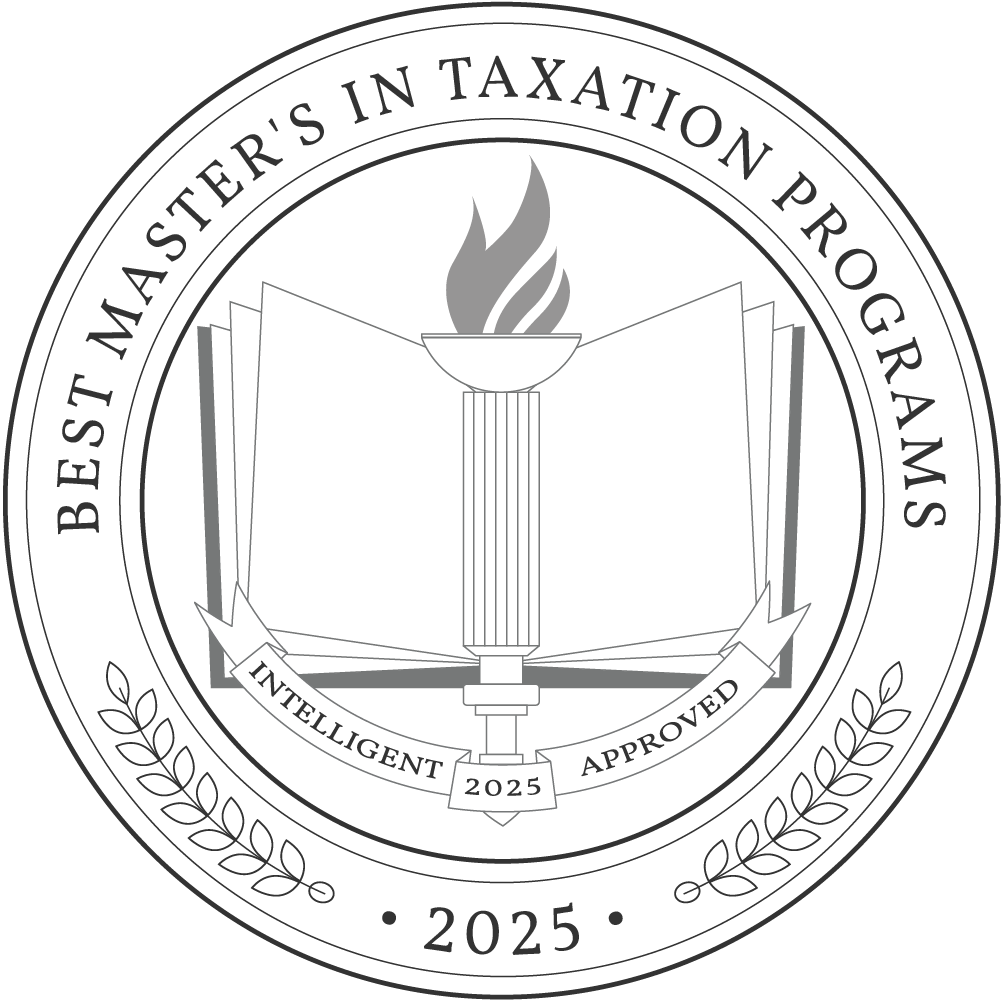A master’s degree in taxation prepares students for a career as a tax advisor, tax examiner, tax manager, auditor, financial manager, or tax lawyer. It is a degree in tax-specific accounting and applying tax code compliance to financial evaluations. The average annual salary ranges from $78,000 for an accountant or auditor to $135,740 for a tax lawyer.
The average cost to complete a master’s degree in taxation is $20,513 per year. Before you can earn this degree, you’ll first need to earn a four-year undergraduate degree, commonly a Bachelor of Science (BS) in accounting or a Bachelor of Business Administration (BBA) in accounting. Many schools offer a five-year combined bachelor’s and master’s degree.
A continuing education student with a bachelor’s in accounting can complete a master’s in taxation program in 12 to 18 months, depending on their existing course credits and whether they study part-time or full-time.
Why Trust Us
The Intelligent.com Higher Education Team is dedicated to providing students with independent, equitable school and program rankings and well-researched resources. Our expert-driven articles cover topics related to online colleges and programs, paying for school, and career outlooks. We use data from the U.S. Department of Education’s College Scorecard, the National Center for Education Statistics, and other reputable educational and professional organizations. Our academic advisory team reviews content and verifies accuracy throughout the year for the most current information. Partnerships do not influence rankings or editorial decisions.
- Analyzed over 2,000 national, accredited, and nonprofit colleges and universities
- 800+ rankings pages are reviewed and updated yearly
- Content is informed by reputable sources, surveys, and interviews with academic advisors and other experts
- Over 100 data points are reviewed for accuracy and quality throughout the year, including sources
Taxation
Our list features the best SPECIFICDEGREE degree programs at top colleges nationwide. Each school featured is a nonprofit, accredited institution — either public or private — with a high standard of academic quality for post-secondary institutions.
We evaluated each school’s program on tuition costs, admission, retention and graduation rates, faculty, reputation, and the student resources provided for online students. We collected data from trusted sources like the National Center for Education Statistics, individual school and program websites, school admissions counselors, and other data sources. Then, we calculated the Intelligent Score on a scale of 0 to 100 based on the following criterion:
Academic Quality:
- Admission rate versus enrollment rate
- Retention rate of students who return after year one
- Accreditation status (regional and programmatic)
- Nonprofit status, both private and public institutions
Graduation Rate
- Overall graduation rate
- Total number of currently enrolled students, including diversity metrics
- Student-to-faculty ratio
Cost and ROI
- In-state and out-of-state per-credit tuition rates and fees
- Required credits to graduate
- Earning potential after graduation
- Availability of federal student loans, scholarships, and other financial aid options
Student Resources
- Available student services for online-only and hybrid programs
- On-campus amenities like tutoring centers and the number of libraries
Read more about our ranking methodology.
Best 37 Accredited Master’s in Taxation Degree Programs
FiltersInstitution Type
Status
- Intelligent Score
- Alphabetically By University Name
- Acceptance Rate
- Enrollment
- In-state Graduate Tuition
- Out-of-state Graduate Tuition
- In-state Undergraduate Tuition
- Out-of-state Undergraduate Tuition

Bentley University
Intelligent Score: 98.47In-state: $53,790
Out-of-state: $53,790
In-state: $40,992
Out-of-state: $40,992
SAT: 1180-1360
ACT: 26-31
$1,955
On-Campus, Online
Association to Advance Collegiate Schools of Business
30
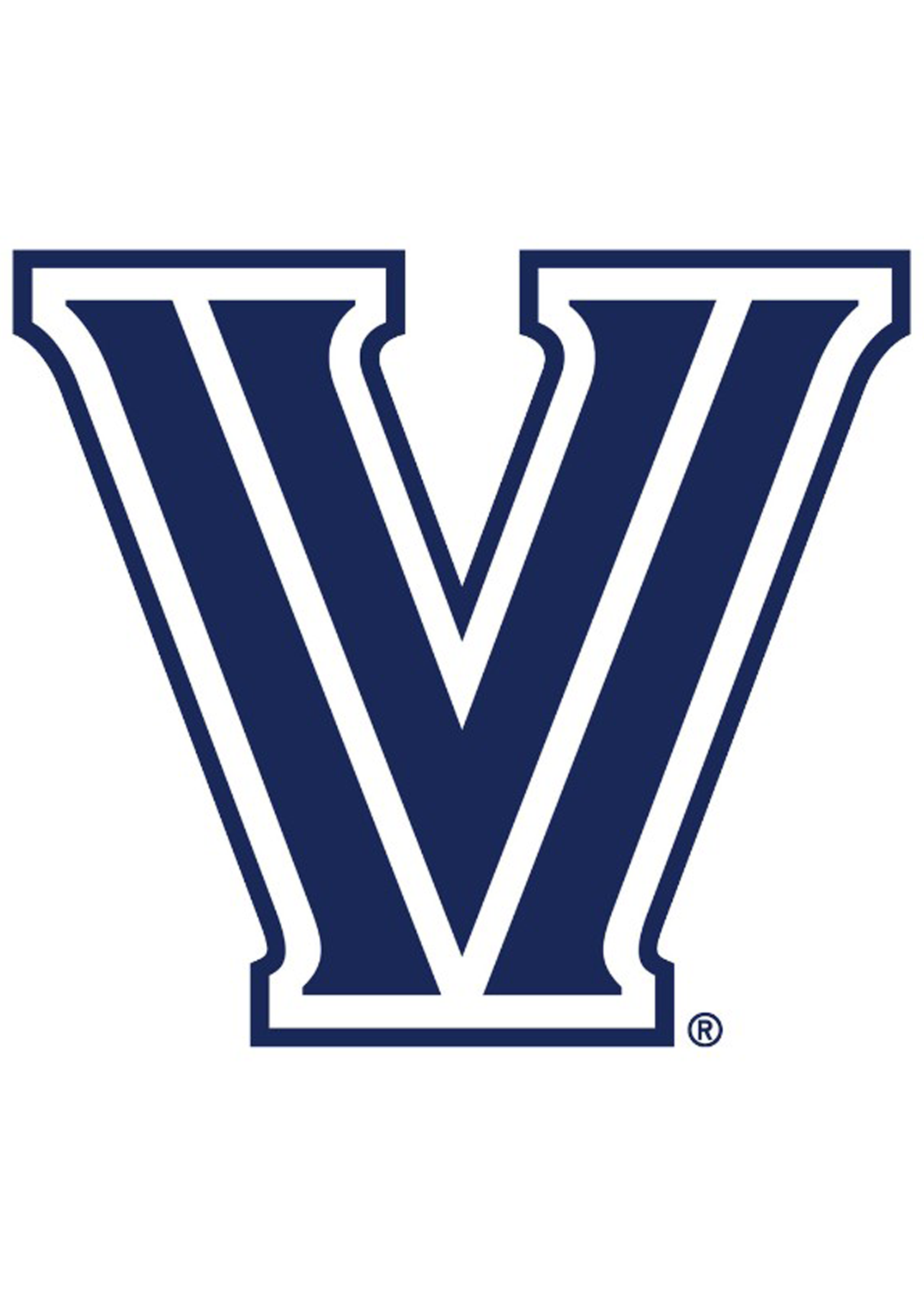
Villanova University
Intelligent Score: 97.47In-state: $56,730
Out-of-state: $56,730
In-state: $20,619
Out-of-state: $20,619
SAT: 1320-1460
ACT: 30-33
$1,630
On-Campus, Online
Association to Advance Collegiate Schools of Business
30

California Polytechnic State University
Intelligent Score: 96.51In-state: $33,522
Out-of-state: $53,706
In-state: $40,608
Out-of-state: $40,608
SAT: 1240-1470
ACT: 22-33
$876
On-Campus
Association to Advance Collegiate Schools of Business
45-49

University at Albany
Intelligent Score: 95.71In-state: $7,070
Out-of-state: $16,980
In-state: $11,310
Out-of-state: $11,310
SAT: 860-1060
ACT: N/A
Resident: $608
Non-Resident: $1,119
On-Campus
Association to Advance Collegiate Schools of Business
30

Arizona State University
Intelligent Score: 95.70In-state: $10,710
Out-of-state: $28,800
In-state: $11,720
Out-of-state: $11,720
SAT: 1100-1320
ACT: 21-28
Resident: $897
Non-Resident: $1,471
On-Campus
Higher Learning Commission
30

San Jose State University
Intelligent Score: 94.68In-state: $5,742
Out-of-state: $17,622
In-state: $7,176
Out-of-state: $7,176
SAT: 1010-1240
ACT: 19-26
$731
On-Campus
Association to Advance Collegiate Schools of Business
30

CUNY Baruch College
Intelligent Score: 94.18In-state: $6,930
Out-of-state: $14,880
In-state: $11,090
Out-of-state: $11,090
SAT: 1170-1340
ACT: 25-31
Resident: $470
Non-Resident: $855
On-Campus
Association to Advance Collegiate Schools of Business
31.5-34.5
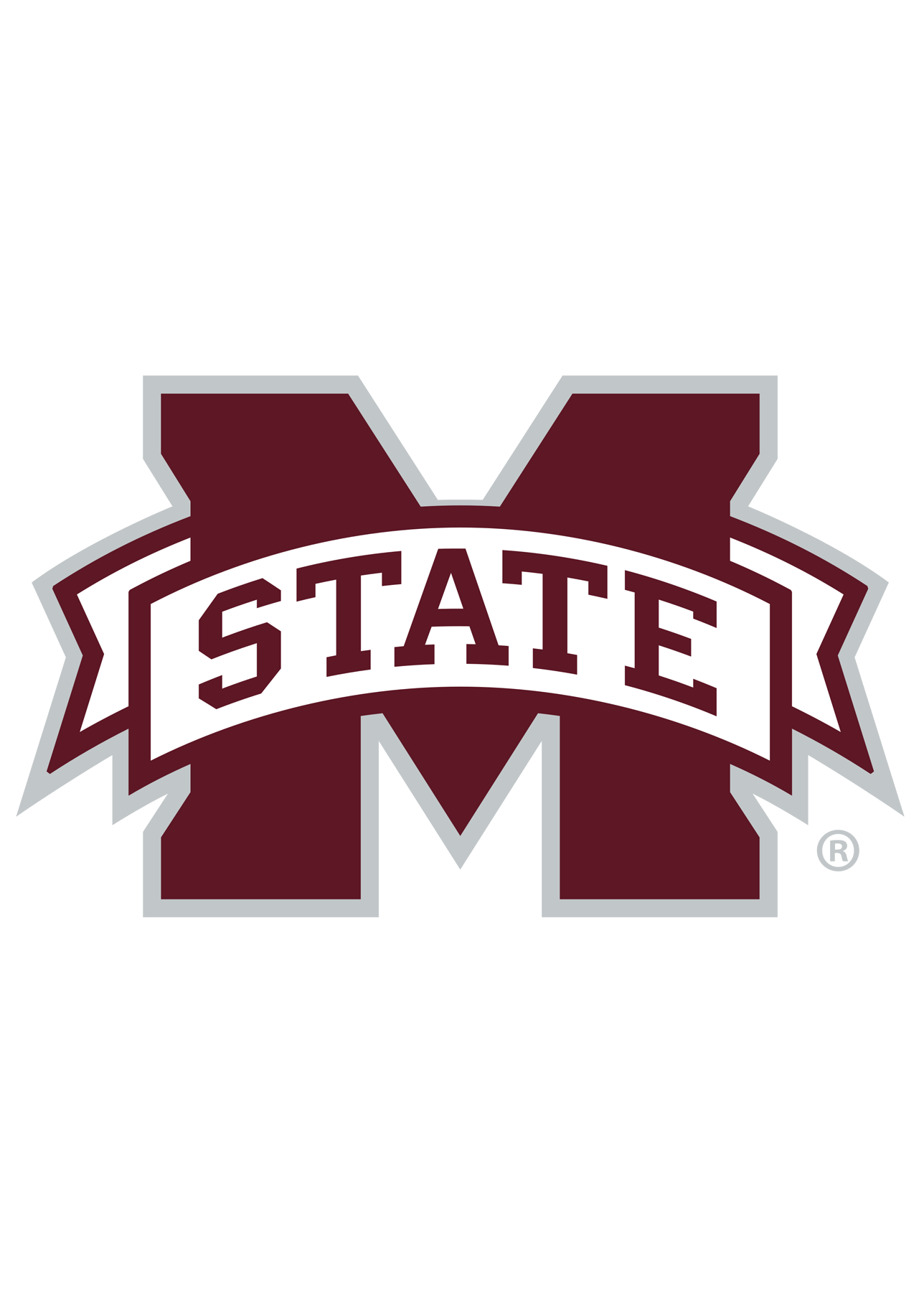
Mississippi State University
Intelligent Score: 93.76In-state: $8,800
Out-of-state: $23,840
In-state: $8,800
Out-of-state: $8,800
SAT: 1050-1270
ACT: 22-30
Resident: $500
Non-Resident: $1,431
On-Campus
Association to Advance Collegiate Schools of Business
30

University of Southern California
Intelligent Score: 93.69In-state: $59,260
Out-of-state: $59,260
In-state: $47,880
Out-of-state: $47,880
SAT: 1340-1530
ACT: 30-34
$2,244
On-Campus
Association to Advance Collegiate Schools of Business
30
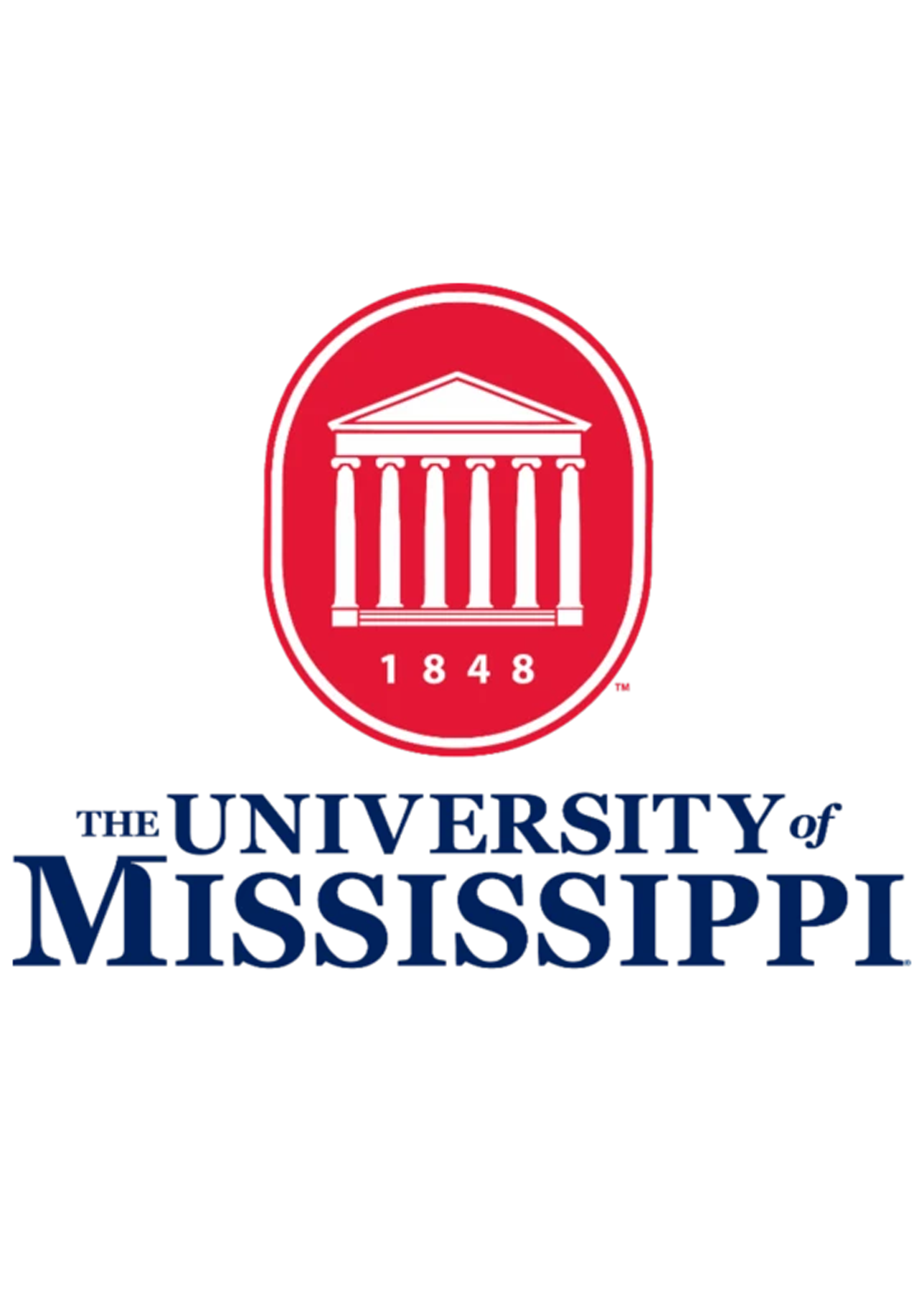
University of Mississippi
Intelligent Score: 93.64In-state: $8,718
Out-of-state: $24,990
In-state: $8,718
Out-of-state: $8,718
SAT: 1010-1230
ACT: 22-30
In-State: $385
Out-of-State: $732
On-Campus
Association to Advance Collegiate Schools of Business
30

University of Washington
Intelligent Score: 93.02In-state: $10,629
Out-of-state: $37,998
In-state: $16,278
Out-of-state: $16,278
SAT: 1200-1453
ACT: 27-33
In-State: $519
Out-of-State: $572
On-Campus
Association to Advance Collegiate Schools of Business
51

University of Baltimore
Intelligent Score: 92.78In-state: $7,014
Out-of-state: $19,374
In-state: $13,824
Out-of-state: $13,824
SAT: 930-1078
ACT: 19-31
$1,019
On-Campus, Online
Association to Advance Collegiate Schools of Business
30

Weber State University
Intelligent Score: 92.21In-state: $5,090
Out-of-state: $15,272
In-state: $7,935
Out-of-state: $7,935
SAT: N/A
ACT: N/A
Resident: $167 - $273
Non-Resident: $493 - $808
On-Campus, Online
Association to Advance Collegiate Schools of Business
30

FAU College of Business
Intelligent Score: 91.98In-state: $2,522
Out-of-state: $14,374
In-state: $5,467
Out-of-state: $5,467
SAT: 1060-1220
ACT: 21-26
$900
On-Campus
Association to Advance Collegiate Schools of Business
30-36
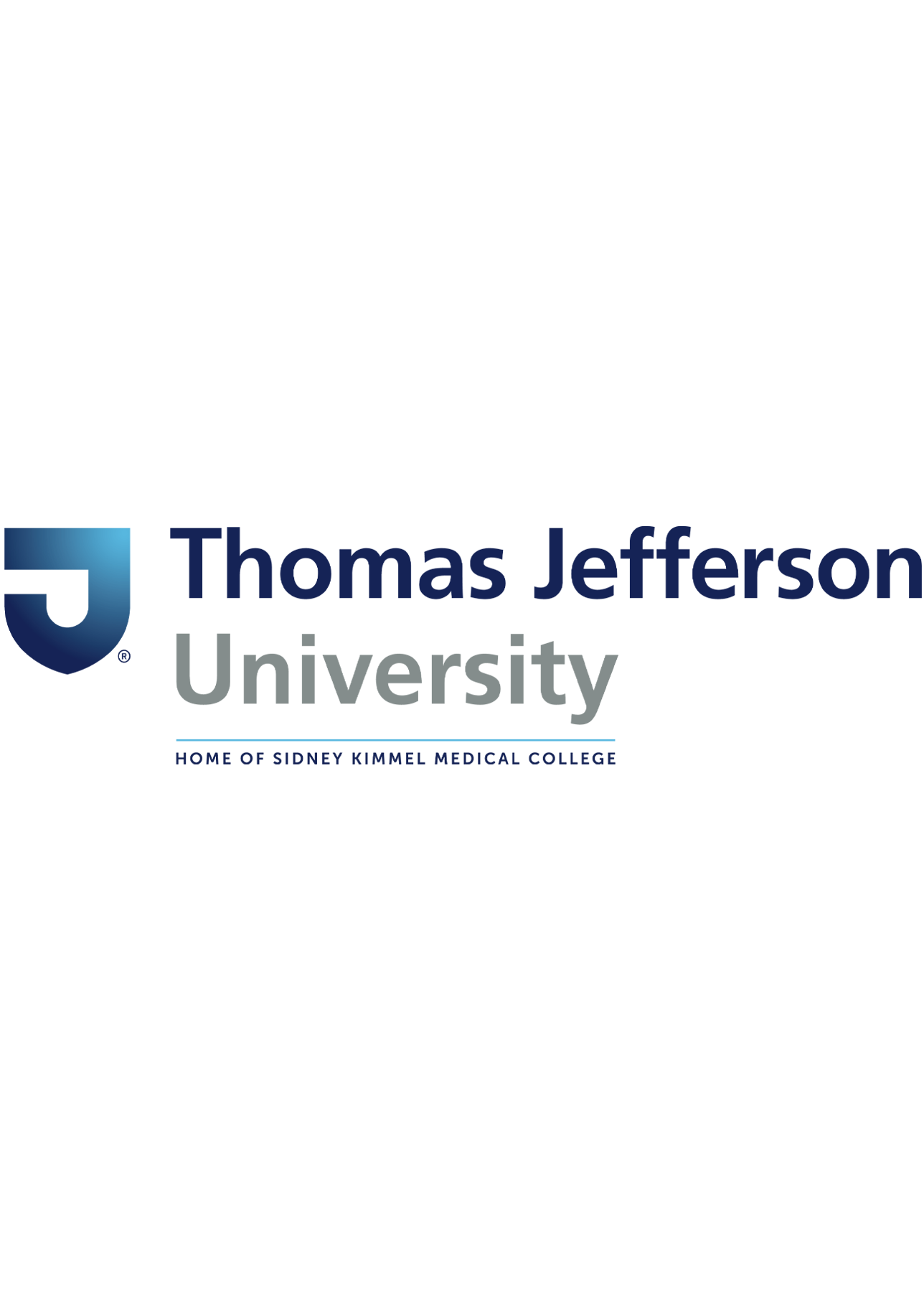
Thomas Jefferson University
Intelligent Score: 91.49In-state: $40,680
Out-of-state: $40,680
In-state: $21,420
Out-of-state: $21,420
SAT: 1090-1270
ACT: 20-27
$1,328
On-Campus
Accreditation Council for Business Schools and Programs
30-34.5

SUNY at Old Westbury
Intelligent Score: 91.3In-state: $7,070
Out-of-state: $16,980
In-state: $11,310
Out-of-state: $11,310
SAT: 860-1060
ACT: N/A
In-State: $462
Out-of-State: $944
On-Campus
Association to Advance Collegiate Schools of Business
30

Grand Valley State University
Intelligent Score: 90.93In-state: $13,576
Out-of-state: $19,168
In-state: $17,448
Out-of-state: $17,448
SAT: N/A
ACT: N/A
$834
On-Campus
Association to Advance Collegiate Schools of Business
33
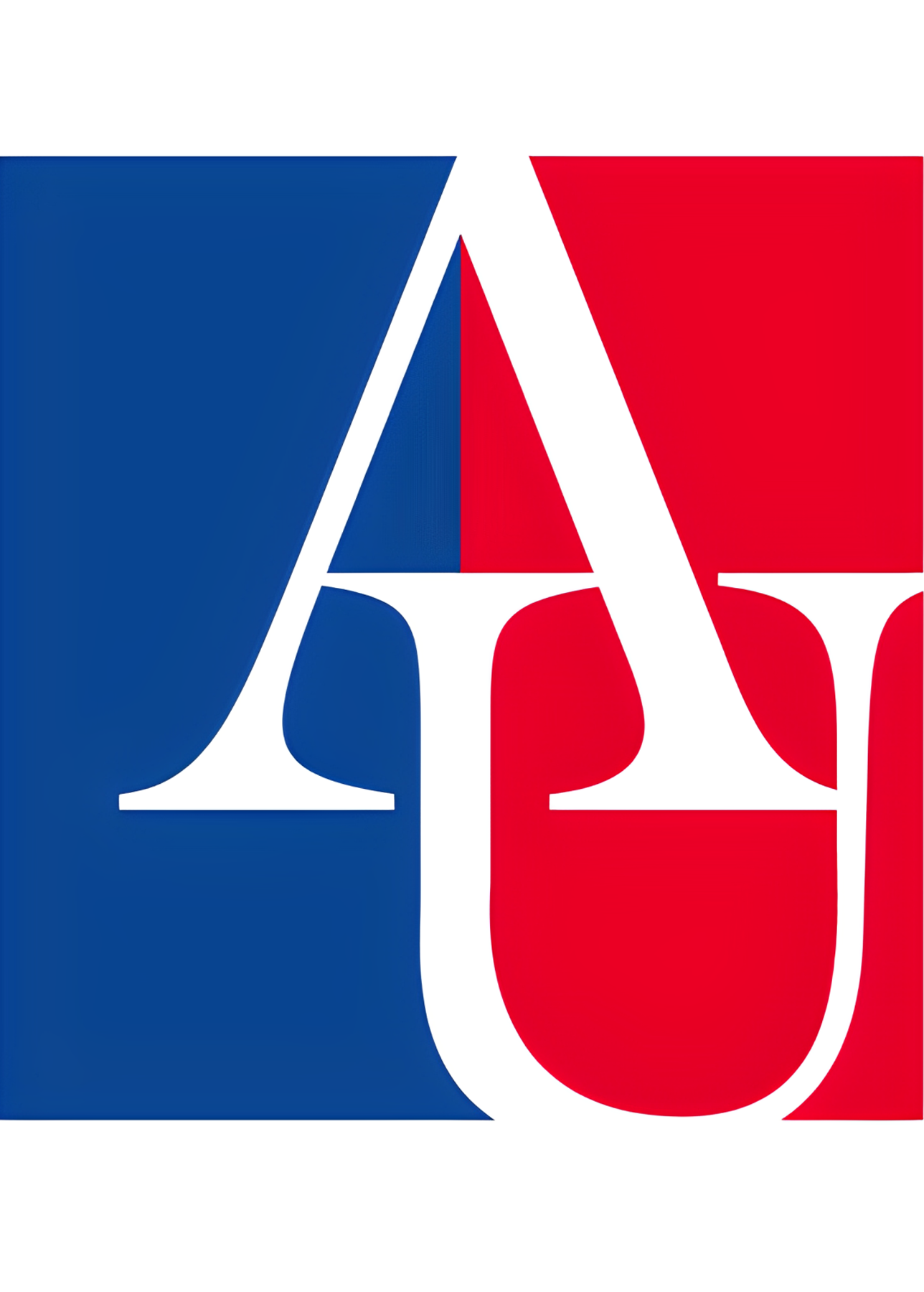
American University
Intelligent Score: 88.89In-state: $50,542
Out-of-state: $50,542
In-state: $34,533
Out-of-state: $34,533
SAT: 1220-1390
ACT: 27-32
$2,000
On-Campus
Association to Advance Collegiate Schools of Business
30
How to Choose a Master’s in Taxation Degree Program
Choose your area of study
Before you select your program, consider your career goals and logistical needs. Do you need the additional coursework to sit for your CPA license exam? Have you worked as an accountant and want to complete your master’s degree as a continuing student? Are you planning on sitting for the bar exam?
Depending on your chosen institution, you can attain a Master of Taxation (MTax), a Master of Business Taxation (MBT), or a Master of Science in Taxation (MSTax). Accountants often sit for their certified public accountant (CPA) license, though it’s not a requirement for all accounting positions. All states require 150 semester hours of college coursework for CPA candidates. You must be a licensed CPA to file reports with the Securities and Exchange Commission (SEC).
Research schools and programs
Selecting an accredited school ensures your credits will help you attain your ultimate career goal. Cross-reference your potential schools and programs with the Database of Accredited Postsecondary Institutions and Programs and the Council for Higher Education Accreditation.
You can research your potential school by visiting the program website, following the schools and programs on social media, and attending an in-person or virtual information session or open house. You can also reach out to program alumni groups to learn more about their experience with the program and job placement opportunities.
Prepare for tests and applications
The application process will vary based on the school and the program. Contact an admissions counselor for the most accurate information.
All applicants need a completed application and fees. Most schools use an online application system. To streamline the uploading process, have all your documents in PDF format. Anticipate submitting school transcripts, Graduate Record Examination (GRE) or Graduate Management Admission Test (GMAT) scores, and letters of recommendation from internships or employers. You’ll need a personal essay detailing why you are a good candidate and how a master’s in taxation will help you achieve your career goals.
Be prepared to submit a deposit to hold your place in the program. The amount goes toward your tuition and fees and is not an additional cost. It is mainly to ensure your commitment to the program.
Select your program
As you prepare to select your program, review your goals and needs. You may need to adjust and account for any new information not previously considered. Ensure you’ve outlined your logistical needs, like in-person and online options, and whether you’ll attend part-time or full-time classes.
Consider your learning style and how you perform best. Do you learn better alone or in a group, in synchronous or asynchronous online classes, in lectures or by reading in the library? These and other logistical considerations can help you select the best program for your current needs and future goals.
Determine how you’ll pay for your degree
Access to financial aid is a significant factor for many students, and exploring all options is worthwhile. Start by completing the Free Application for Federal Student Aid (FAFSA). Schools use the results to determine whether you qualify for need-based aid. Check with the institution’s financial aid office to see if you are eligible for merit-based grants or scholarships.
Many employers offer tuition assistance and employee reimbursement programs to encourage employees to update their education as the need arises.
Finally, explore private funding options like non-profit organizations and community groups. When applying for private funding, research the organization and tailor your request to align with its ethos.
What Can You Expect From a Master’s in Taxation Degree Program?
Graduates with a master’s degree in taxation can expect an in-depth understanding of United States tax law, including corporate, domestic, and foreign implications. Students learn:
- Critical thinking skills to evaluate data, identify issues, and suggest solutions.
- Advanced math skills, including calculus and statistical analysis, and the ability to compare, analyze, and interpret financial data.
- Written and oral communication skills that aid in the presentation and discussion of tax-related topics in reports and meetings.
A master’s degree in taxation can take 12 to 18 months to complete, on top of the four years of study required to complete a prerequisite undergraduate degree. Internships provide real-world skill applications and can help students decide their career path.
The following organizations require work experience for many advanced licenses, including Personal Financial Specialists (PFS), Chartered Global Management Accountants (CGMA), and Certified Government Financial Managers (CGFM).
- American Institute of Certified Public Accountants (AICPA)
- Association of Government Accountants
- Institute of Internal Auditors
- Chartered Institute of Management Accountants (CIMA)
Students interested in analyzing financial information should also consider online master’s in accounting programs, as this may be a better fit for your personal interests and career goals. You may want to consider master’s in finance programs as well.
Potential courses you’ll take in a master’s in taxation program
- Fundamentals in Corporate Taxation. Students learn about the distribution of assets to shareholders, asset contribution to corporations and their primary effects, and how to calculate gains. They also learn about deduction items and income in corporate operations.
- Ethics and Communications for Tax Professionals. Students learn the importance of explaining tax rules to clients and the legal and ethical implications of failing to adequately communicate tax issues and liabilities to clients.
- International and State Tax Issues. This course covers international tax laws and state-specific implications. Topics include permanent establishments, foreign tax credits, international tax treaties, income-sourcing rules, and international tax ownership structures.
- Income Taxation of Estates and Trusts. Students explore the principles of taxation involved in grantors, descendants, and beneficiaries. The course covers estates and trusts, grantor and employee trusts, and other particular types of trusts.
- Real Estate Taxation. Students learn about leases, dispositions, operations, real estate acquisitions, the securitization of real estate investments, and the associated federal tax implications.
Master’s in Taxation Degree Frequently Asked Questions
How do I apply to a master's in taxation degree program?
The application process will vary by school and program. For the most up-to-date information, visit the program’s website and contact the admissions counselor. Make an in-person or online appointment to speak with the counselor to get real-time answers to all your questions.
Undergraduates apply directly to the master’s program after completing their bachelor’s degree. The process is usually the same for returning education students who have completed an undergraduate degree and worked in the field for any length of time. Prepare a personal essay and have any letters of recommendation from employers and internships ready for submission.
How much does a master's in taxation degree cost?
A master’s degree program averages $20,513 per year. This is on top of the prerequisite undergraduate studies, which cost an average of $14,688 per year. Some schools combine the bachelor’s and master’s degrees into a five-year program.
To attain a master’s degree in accounting and taxation, you can expect five to six years of study. A taxation law degree can take six to seven years to complete. Depending on your path, it can cost between $80,000 and $100,000 to complete your studies.
How long does it take to earn a master's in taxation degree?
A master’s degree in taxation requires 12 to 18 months of study after completing a bachelor’s degree in business administration with an accounting focus or a bachelor’s of science with a focus on accounting.
Becoming a CPA can increase your learning potential and job opportunities. All states require 150 hours of coursework, equivalent to a master’s degree, to sit for the CPA license exam. Continuing education courses are also required to maintain a CPA license.
